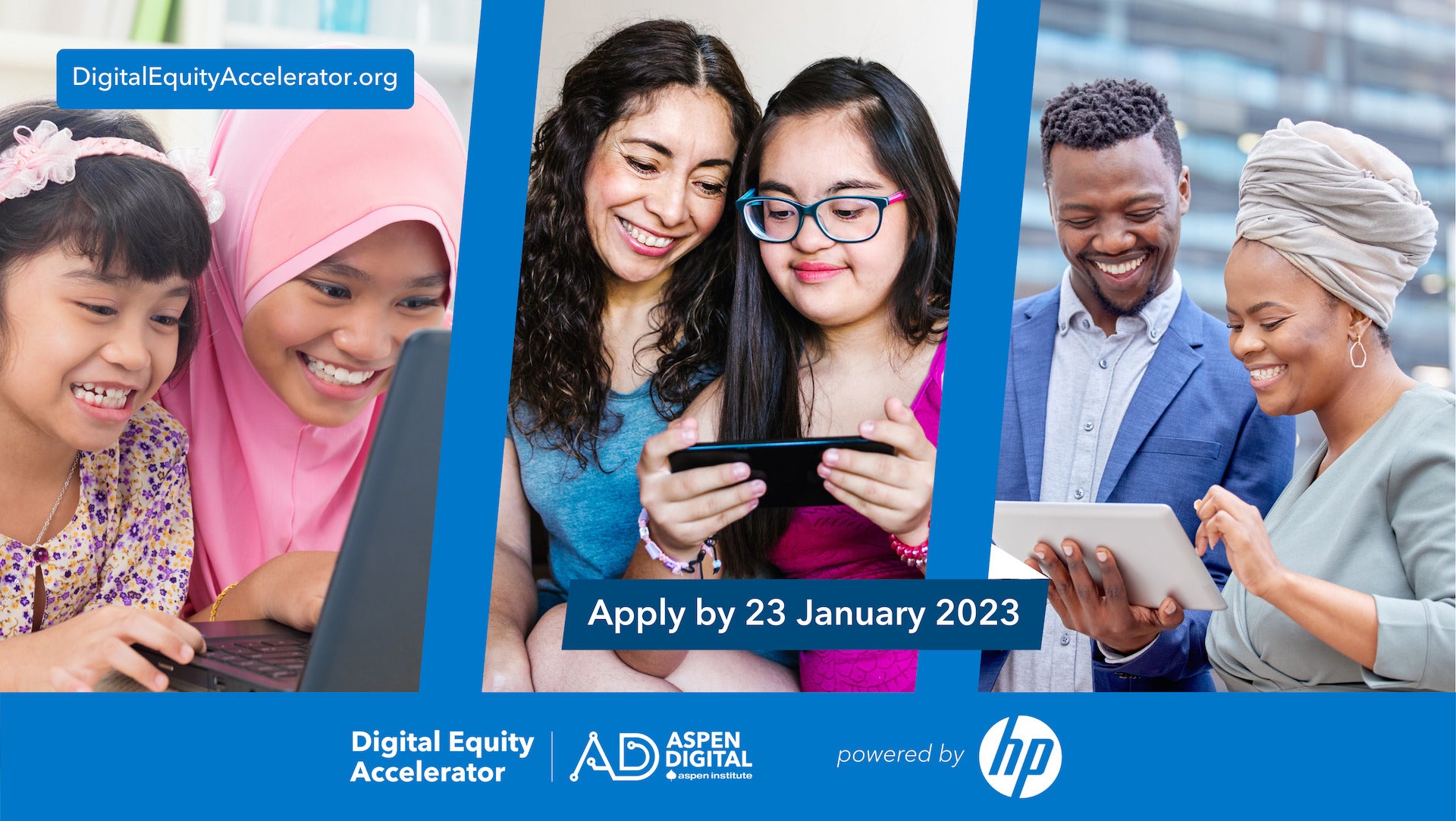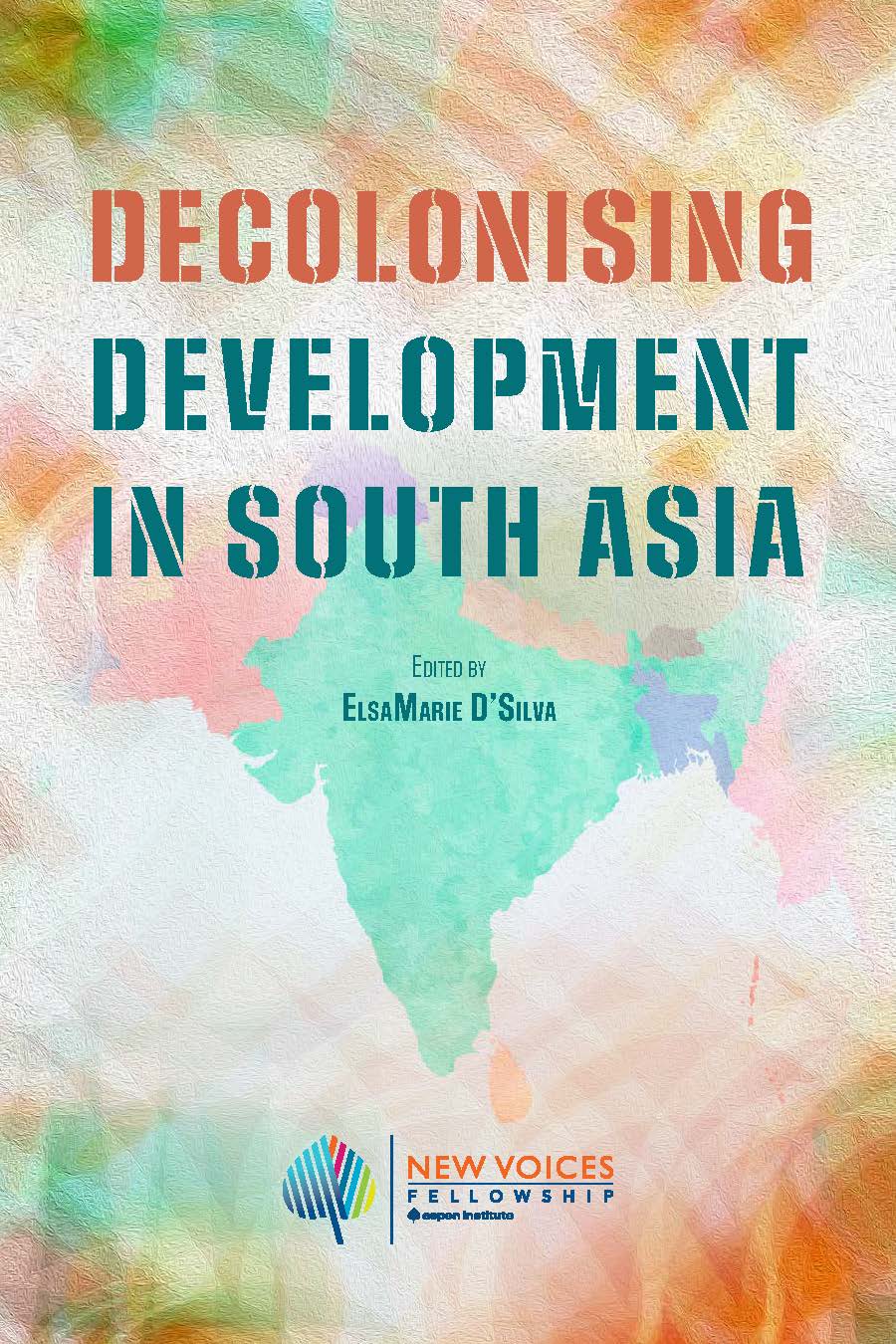From Money Invested to Lives Changed
At a recent conference hosted by the Center for Strategic International Studies on the Saving Mothers, Giving Life initiative, Dr. Jane Ruth Aceng of the Uganda Ministry of Health said: “Let us not focus on the amount of money that is spent on these interventions, but rather…on the numbers of lives saved.” And we’d add—not simply lives saved, but how those lives improved (or failed to improve) as a result of the initiative. Given the quick pace of their Phase 1 work in both Uganda and Zambia, we applaud their willingness to “unpack” their experiences thus far before procee ding with Phase 2. A good M&E practice!
Some Thoughts on Movement-Building
The Advocate has a piece out right now on five lessons from the ongoing fight to pass the Employment Nondiscrimination Act. To advocates and evaluators, some of these might seem self-evident: cash on hand is (really) important; Republican support gets you noticed; building on earlier movements ensures you don’t start from zero; and coalitions may or may not work, depending on the circumstances. We’re most curious about his third lesson on the role and value of single-issue advocacy groups. At what point(s) in the policy process can these groups contribute the most to building a movement? Let this question marinate a little bit…
Funding and Outcomes
In a blog post for Government Executive, Robert Behn describes a dilemma advocates (and many others) should find very familiar: it takes resources to generate significant outcomes and it also takes significant outcomes to raise enough resources. So how can an advocate evade this Catch-22 and continue growing and improving? Behn’s answer is twofold. First, build up to your desired outcomes incrementally; a track record of ongoing progress is a big plus for an organization. Second, manage expectations. Making a funder’s expectations explicit and clarifying what’s possible to achieve in the funding period are both necessary for a smooth funder-grantee relationship. We couldn’t agree more.

